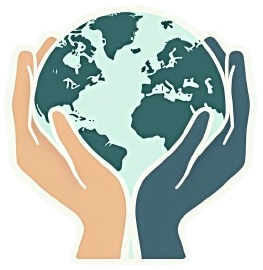How the System Uses Technology to Control, Not Liberate

Technology was once envisioned as a tool for human liberation—breaking barriers, democratizing information, and empowering individuals. However, in the hands of powerful systems, it has often been repurposed as an instrument of control. Governments, corporations, and institutions leverage technological advancements to monitor, manipulate, and limit freedoms under the guise of progress and security.
One of the most significant examples is the use of mass surveillance. From tracking online activities to monitoring physical movements, technology allows unprecedented access to personal data. While these measures are justified as means to combat crime or ensure safety, they often erode privacy and instill a sense of constant scrutiny that discourages dissent and free thought.
Another tactic is the manipulation of public opinion through digital platforms. Algorithms prioritize content designed to engage rather than enlighten, creating echo chambers that polarize societies. This control over narratives is further amplified by targeted advertising and misinformation campaigns, which subtly influence beliefs and behaviors without individuals realizing they are being manipulated.
To counter these trends, it is crucial to demand greater transparency and accountability from those who design and deploy these technologies. Open-source initiatives, decentralized platforms, and stronger data protection laws can help restore the balance of power between individuals and systems. Education also plays a vital role, equipping people with the knowledge to navigate and question the technologies they use daily.
Ultimately, technology’s true potential lies in liberation, not control. By fostering ethical innovation and prioritizing human values over profit or power, societies can ensure that technological advancements serve humanity rather than subjugate it. The choice lies in how we collectively demand and shape the future of our digital world.
